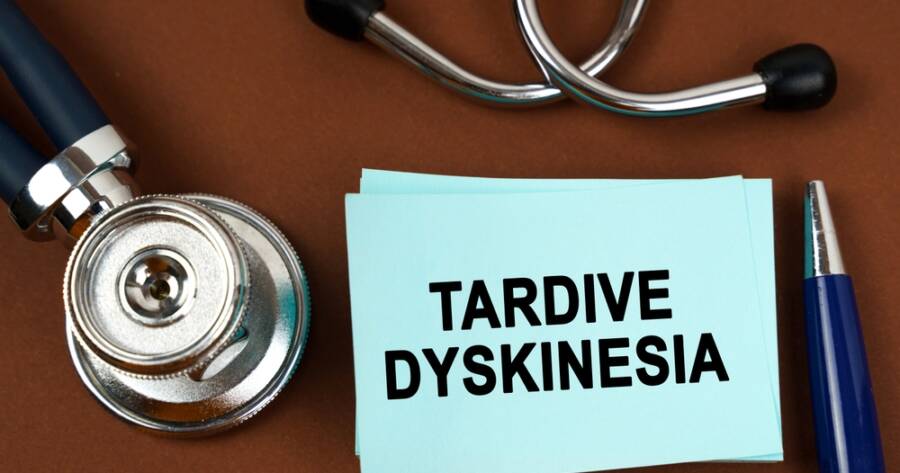Discover medications linked to tardive dyskinesia, a movement disorder. Understand the risks, warning signs, and management strategies with a little research. Early detection and intervention are key to managing the symptoms effectively.
What is Tardive Dyskinesia?
Tardive dyskinesia (TD) is a movement disorder that can develop after long-term use of certain medications, particularly antipsychotics. These medications are commonly prescribed to treat mental health conditions such as schizophrenia and bipolar disorder. TD is characterized by involuntary, repetitive movements of the body, most commonly affecting the face, mouth, and limbs.1
The exact cause of TD is not fully understood, but it is believed to be related to changes in the brain’s dopamine pathways. Dopamine is a neurotransmitter that plays a crucial role in motor control and coordination. Long-term use of antipsychotics can disrupt dopamine signaling, leading to the development of TD.
TD can range in severity from mild to severe. In mild cases, individuals may experience subtle movements such as lip smacking, tongue rolling, or finger tapping. In severe cases, the movements can be more pronounced and disabling, affecting a person’s ability to walk, talk, and perform daily activities.
Medications That Cause Tardive Dyskinesia
The primary risk factor for developing TD is long-term use of antipsychotic medications.2 Some of the commonly prescribed antipsychotics associated with TD include:
- Typical antipsychotics: These include medications such as haloperidol (Haldol), chlorpromazine (Thorazine), and fluphenazine (Prolixin).
- Atypical antipsychotics: These include medications such as olanzapine (Zyprexa), risperidone (Risperdal), and quetiapine (Seroquel).
The risk of developing TD increases with higher doses and longer duration of antipsychotic use. However, it is important to note that not everyone who takes antipsychotics will develop TD. Some individuals may be more susceptible to the condition due to genetic or other factors.
Symptoms and Treatment Options
The symptoms of TD can vary from person to person. Some of the common symptoms include:
- Involuntary movements of the face, such as lip smacking, tongue rolling, or blinking
- Repetitive movements of the limbs, such as finger tapping, foot stomping, or rocking back and forth
- Difficulty speaking or swallowing
- Muscle stiffness or rigidity
- Restlessness or agitation
There is no cure for TD, but the symptoms can be managed with various treatment options. These may include:
- Reducing or discontinuing the use of antipsychotic medications, if possible
- Switching to a different antipsychotic medication that has a lower risk of causing TD
- Medications to control the involuntary movements, such as tetrabenazine (Xenazine) or deutetrabenazine (Austedo)
- Physical therapy or occupational therapy to improve coordination and function
- Speech therapy to help with speech difficulties
Learn More About Tardive Dyskinesia
Tardive dyskinesia is a complex movement disorder that requires careful management and monitoring. If you or someone you know is experiencing symptoms of TD, it is important to consult a healthcare professional for proper evaluation and treatment.
